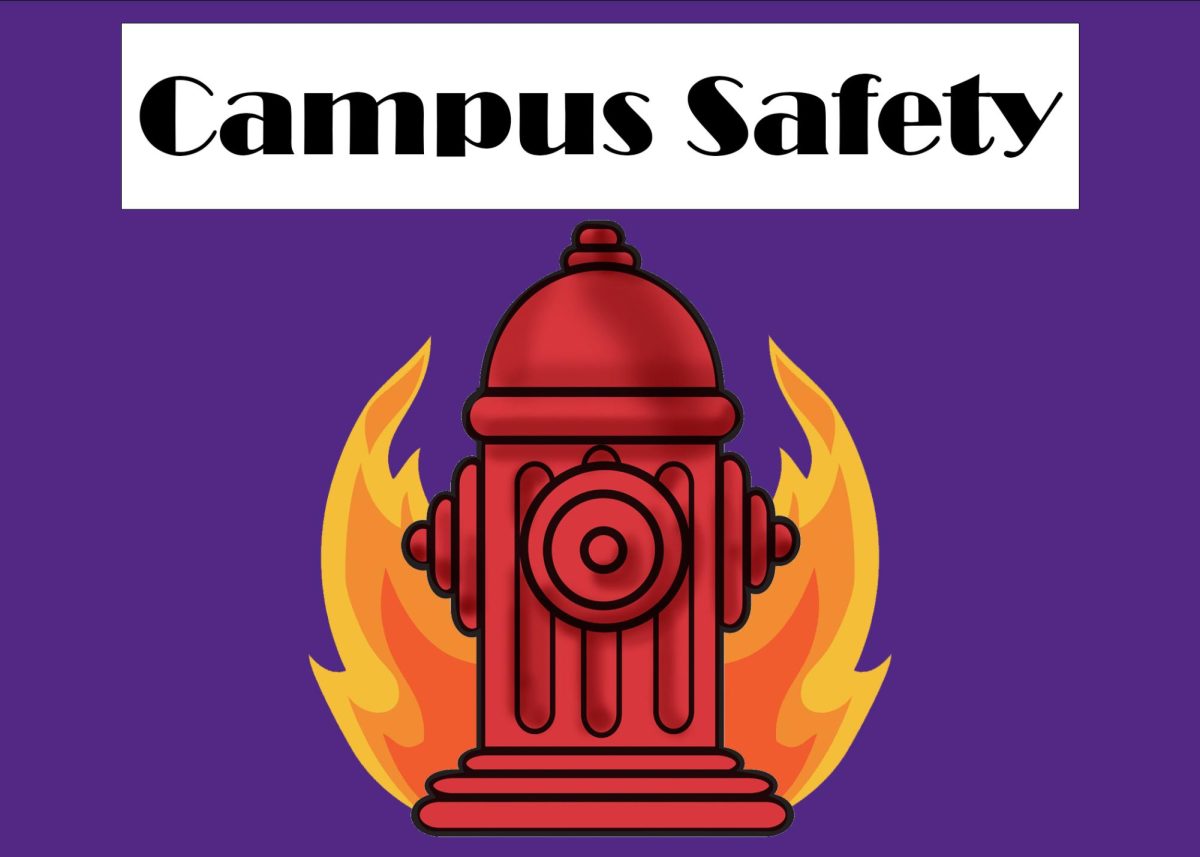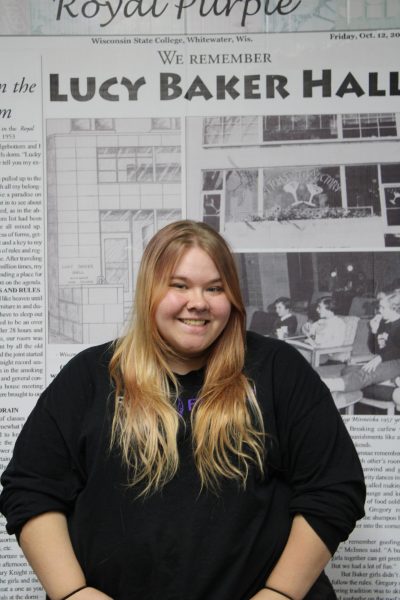The Annual Security and Fire Safety Report [ASFR] was published to both UW-Whitewater and UW-Rock County campuses early October 2023. The report is required for all University of Wisconsin System schools by federal law under the Clery Act.
“Everything that you can think of that is related to safety aspects on campus is in the report,” said UW-Whitewater Chief of Police Matt Kiederlen. “The easiest way to access it is through the police website. If there’s something that isn’t covered in the report, the best way to get information is to call the non-emergency police department phone number or email me.”
The report is 94 pages long and includes all crime statistics for the past three years at UW-Whitewater. Not only does the report include crime statistics, but resources for seeking help or information when an emergency arises. Some of the resources within the report include drug enforcement, Title IX and fire safety.
Within the upcoming months, winter is arriving in Whitewater. Prepare for the frigid climate by bringing winter coats from home along with wearing appropriate footwear. Temperatures under than 32 degrees can cause issues for vehicles as well. Leaving vehicles in the cold can impact the battery, tires, any fluids and windshield wipers. Starting your vehicle a few times per week, or even driving around could help prevent issues.
“It doesn’t hurt to look at the weather forecast and know what you’re coming up against,” Kiederlen said. “Walking through buildings is a good way to avoid the cold. It may take a few extra steps and a couple minutes of your time, but the buildings line up exactly.”
Using drugs and alcohol during the winter months is not recommended for students. Intoxication lowers body temperatures while drug use restricts blood flow, possibly causing hypothermia.
Dating apps, such as Tinder or Bumble are popular with college students. Meeting in a public place is a good option, especially involving a stranger on a dating app. Keep cell phones fully charged and powered on and sharing your location with a trusted friend.
“Far too often we fall into the expectation of societal norms,” Kiederlen said. “If you’re uncomfortable, do not hesitate to leave. We get wrapped up in niceties because society expects that. Sometimes, we need to not be nice and put our feelings and safety first.”
According to womenshealth.gov, one in five women in college experience sexual assault. Some causes of sexual assault are the use of alcohol and drugs, fear of reporting, blackmail, peer pressure and coercion from a past sexual partner. Sexual assault is something that can impact everyone, regardless of their gender or sexuality. It is important to be aware of how to report it if a situation arises. Sexual assault on campus can be reported on campus through several resources, such as the UW-W police, the dean of students and the title IX coordinator.
“We have a number of different mechanisms on campus and they can involve everything from police investigation, counseling or to local hospitals doing sexual assault forensic exams,” Kiederlen said. “The dean of students can assist with class changes and housing can help with room changes if necessary. If someone is a victim of sexual assault and they have a need to feel safer, more comfortable and more in control, the university can accommodate.”
The national sexual assault hotline is 1-800-656-4673. If you feel unsafe on campus, dial 911 from any campus phone or use any of the 20 blue light emergency phones located across campus.
To read the full Annual Security and Fire Safety Report, visit the UWW police page. To request a physical copy of the report, contact Executive Director of University Housing Terry Tumbarello at [email protected]. For more information related to the report, or if you have any additional questions regarding safety, contact Chief Kiederlen at [email protected].


